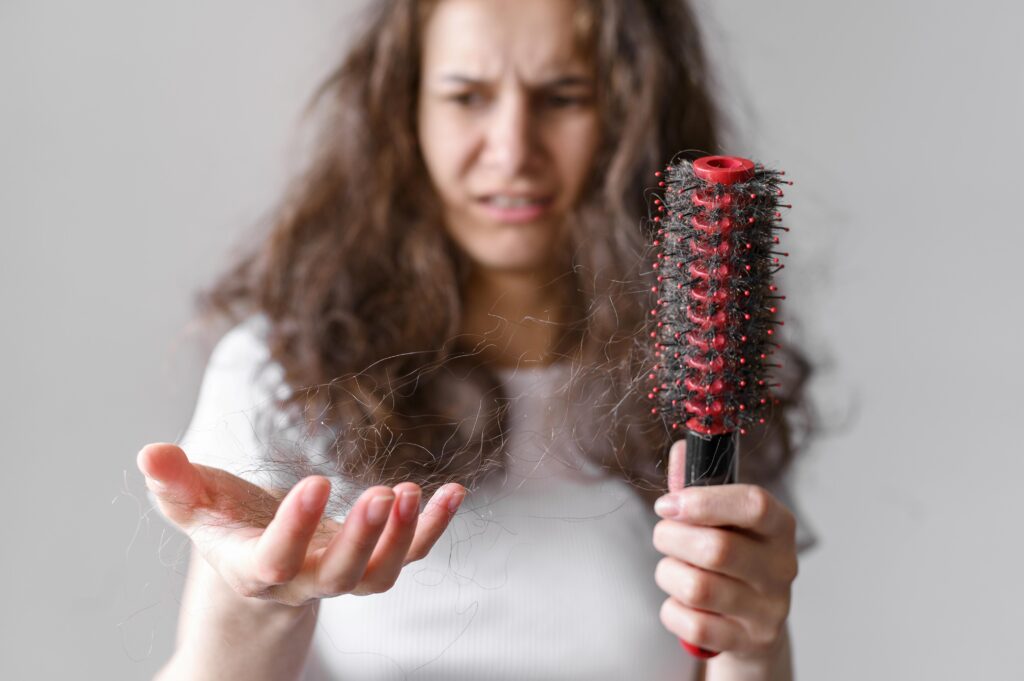
Winter brings with it a picturesque landscape of snow-covered trees and cozy evenings by the fireplace. However, it also ushers in a season of dry air, frigid temperatures, and, unfortunately, an increased risk of hair loss for many individuals. The cold weather can wreak havoc on our locks, making it essential to understand and address the impact of winter on hair health. Enter trichology – the science of hair and scalp care.
As temperatures drop, so does the humidity in the air. The combination of cold air outside and heated indoor environments can lead to a lack of moisture in the hair, resulting in dryness, brittleness, and increased susceptibility to breakage. Trichologists, specialists in hair and scalp conditions, play a crucial role in combating these issues.
One of the key aspects of trichology in winter hair care is understanding the importance of hydration. Just as our skin requires extra moisture during colder months, our hair needs it too. Trichologists recommend using hydrating shampoos and conditioners that replenish and lock in moisture. Additionally, incorporating a weekly deep conditioning treatment can work wonders in restoring the hair’s vitality and preventing winter-induced damage.
Another factor contributing to winter hair loss is the excessive use of heating tools. Blow dryers, straighteners, and curling irons, when used excessively, can strip the hair of its natural oils, leaving it dry and prone to breakage. Trichologists advise minimizing the use of these tools or opting for heat-protectant products to shield the hair from the damaging effects of heat styling.
Scalp health is a focal point in trichology, and winter weather can be particularly harsh on this sensitive area. The dry, cold air can lead to a flaky scalp, causing discomfort and potentially contributing to hair loss. Trichologists recommend regular scalp massages using nourishing oils to stimulate blood circulation and moisturize the scalp. This not only promotes a healthier scalp but also strengthens the hair follicles, reducing the risk of excessive shedding.
Diet plays a pivotal role in overall hair health, and trichologists emphasize the importance of a well-balanced nutritional intake to combat winter hair loss. Foods rich in vitamins, minerals, and antioxidants, such as fruits, vegetables, and omega-3 fatty acids, contribute to the strength and resilience of hair. Consulting with a trichologist for personalized dietary recommendations can address specific concerns and optimize hair health during the winter months.
In addition to external care, trichology also explores the psychological aspects of hair loss. Seasonal changes, especially during winter, can contribute to stress and emotional strain, which may exacerbate hair loss. Trichologists often work in conjunction with mental health professionals to address the emotional well-being of individuals experiencing seasonal hair issues.
In conclusion, trichology plays a vital role in preventing winter hair loss by addressing both the external and internal factors that contribute to this common concern. Understanding the impact of cold weather on hair, adopting proper hydration and conditioning practices, minimizing heat styling, prioritizing scalp health, and maintaining a nutrient-rich diet are key strategies recommended by trichologists. By incorporating these practices into a winter hair care routine, individuals can enjoy luscious, healthy locks even in the coldest months.

